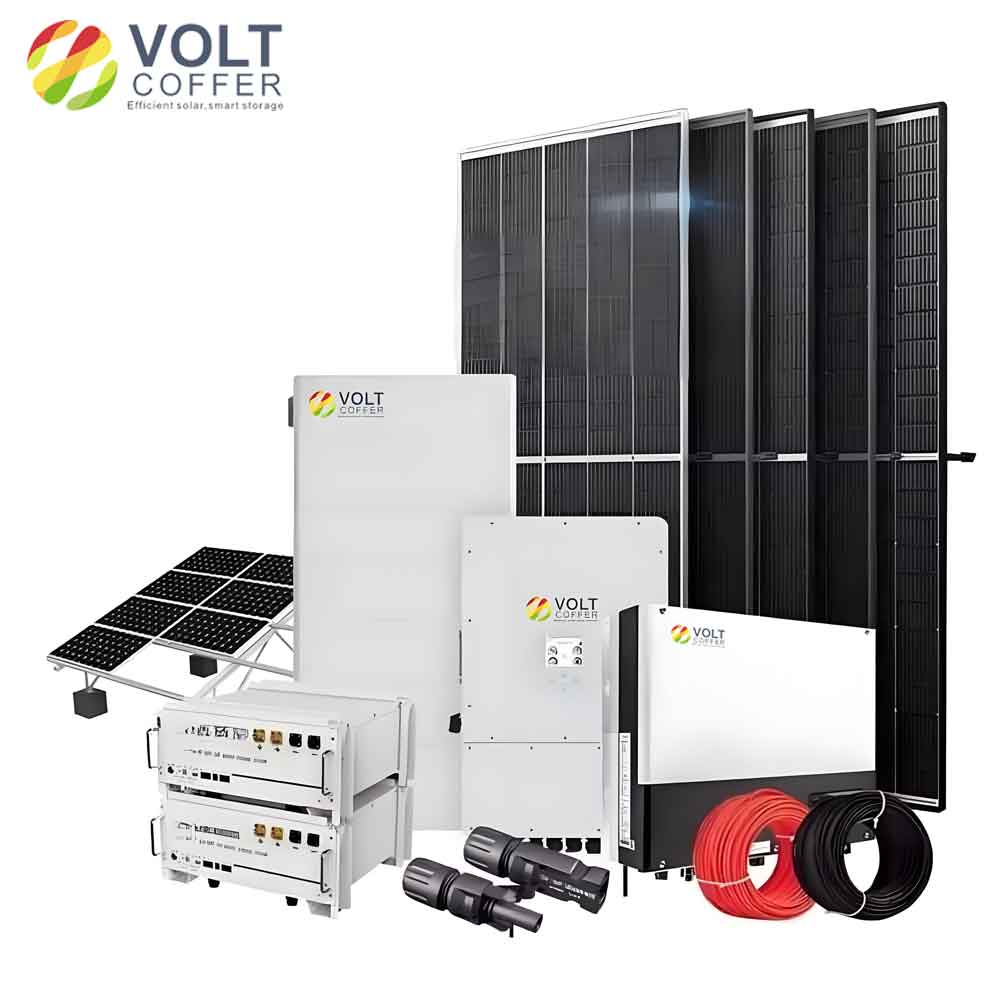In recent years, the push towards sustainable living has gained significant momentum. Central to this movement is the adoption of solar energy, which offers a renewable and environmentally friendly alternative to fossil fuels. However, the effectiveness of solar energy systems is greatly enhanced by the integration of advanced solar battery systems. These batteries store the energy generated by solar panels, ensuring a steady power supply even when the sun isn’t shining. This article explores the latest advancements in solar battery technology and their impact on sustainable living.
The Importance of Solar Battery Systems
Solar battery systems are crucial for maximizing the efficiency of solar energy setups. They provide several key benefits:
- Energy Storage: By storing excess energy produced during peak sunlight hours, batteries ensure a consistent power supply during nighttime or cloudy days.
- Grid Independence: Solar batteries can provide energy independence from the grid, which is particularly valuable in remote areas or during power outages.
- Cost Savings: By storing and using their own solar energy, homeowners can reduce reliance on expensive grid electricity, leading to significant cost savings.
Recent Advances in Solar Battery Technology
1. Lithium-Ion Batteries
Lithium-ion batteries have become the industry standard due to their high energy density, long lifespan, and relatively low maintenance. Recent innovations in lithium-ion technology have focused on improving safety and efficiency. Advanced thermal management systems and enhanced chemical compositions have resulted in batteries that are more resilient and capable of handling higher charge and discharge rates.
2. Solid-State Batteries
Solid-state batteries represent a significant leap forward in battery technology. Unlike traditional batteries that use liquid electrolytes, solid-state batteries use a solid electrolyte. This change offers several advantages:
- Higher Energy Density: Solid-state batteries can store more energy in a smaller space.
- Improved Safety: The solid electrolyte is less likely to catch fire or leak, addressing major safety concerns associated with lithium-ion batteries.
- Longer Lifespan: These batteries are more durable and have a longer operational life.
3. Flow Batteries
Flow batteries are emerging as a promising option for large-scale energy storage. These batteries use liquid electrolytes stored in external tanks, allowing for easy scalability. The primary benefits of flow batteries include:
- Scalability: By increasing the size of the electrolyte tanks, the energy storage capacity can be easily expanded.
- Long Cycle Life: Flow batteries can endure a large number of charge and discharge cycles without significant degradation.
- Cost-Effectiveness: Although the initial investment may be higher, the long-term cost of ownership is lower due to their durability and low maintenance needs.
4. Hybrid Batteries
Hybrid battery systems combine different types of battery technologies to leverage their respective strengths. For instance, a system might use lithium-ion batteries for quick response and high power output, while incorporating flow batteries for long-duration storage. This hybrid approach can optimize performance and cost-efficiency.
Comparative Analysis of Advanced Solar Battery Systems

To better understand the advantages and limitations of these advanced battery systems, let’s compare their key features:
| Battery Type | Energy Density | Safety | Lifespan | Scalability | Cost |
|---|---|---|---|---|---|
| Lithium-Ion | High | Moderate | 10-15 years | Moderate | Moderate |
| Solid-State | Very High | High | 15-20 years | Moderate | High |
| Flow | Moderate | High | 20+ years | High | Low (long-term) |
| Hybrid | Variable | High | Variable | High | Variable |
Impact on Sustainable Living
The advancements in solar battery technology have far-reaching implications for sustainable living:
- Enhanced Energy Security: Improved battery systems provide a reliable energy source, reducing dependence on the grid and fossil fuels.
- Environmental Benefits: By facilitating greater use of solar power, advanced batteries help reduce greenhouse gas emissions and reliance on non-renewable energy sources.
- Economic Advantages: Homeowners can achieve significant cost savings through lower energy bills and potential incentives for using renewable energy.
- Resilience: In the face of natural disasters or grid failures, advanced solar battery systems ensure continuous power supply, enhancing community resilience.
Conclusion
The revolution in solar battery systems is transforming the way we harness and use solar energy. With continuous advancements in technology, these batteries are becoming more efficient, safer, and cost-effective. By integrating these advanced systems into residential solar setups, homeowners can significantly enhance their energy independence, contribute to environmental sustainability, and enjoy substantial economic benefits. As we move towards a more sustainable future, the role of solar battery systems will only become more critical in revolutionizing home energy.
